Top 10 Math Books for Grade 7 Students: A Complete Review
Mathematics, the universal language of patterns and numbers, often triggers a dichotomy of feelings in students. For some, it's a fascinating enigma waiting to be unraveled, like the satisfaction of fitting the final piece into a complex puzzle. For others, it can feel like navigating a labyrinth with no end in sight.
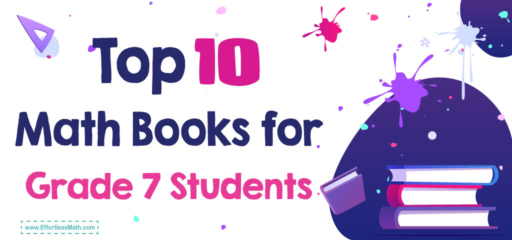
This journey through the labyrinth of numbers and equations becomes particularly prominent in grade 7, a pivotal year in a student’s math learning journey. It is at this stage that the textbooks they use, serving as their mathematical compass, become of paramount importance.
The Absolute Best Book to Ace Grade 7 Math
The Importance of Mathematics for Grade 7 Students
Do you find yourself pondering, “Why is there so much emphasis on math?” To answer that, let’s step back and observe the world around us. From the symmetry of nature’s patterns to the algorithms driving our technology, mathematics is inextricably woven into the fabric of our lives. But, its significance extends far beyond its practical applications.
In the academic world, particularly at the grade 7 level, mathematics serves as a cognitive trainer, honing problem-solving skills, fostering logical reasoning, and cultivating analytical thinking. It’s during this crucial year that students delve deeper into the complex world of math, embarking on explorations of algebra, geometry, and data analysis among other topics. The concepts become more abstract and the equations more intricate, thereby requiring a strong foundation and a robust toolkit of problem-solving strategies.
It’s during these years that mathematics transcends the realm of numbers and equations, metamorphosing into a tool that equips students with essential life skills. It helps them build resilience as they grapple with challenging problems, encourages precision in their thought processes, and aids in developing an organized approach to tackling tasks. With such significant roles to play, the importance of mathematics for grade 7 students becomes indisputably clear.
The books they use to navigate this mathematical journey become their most vital allies. In the next section, we’ll explore why math books play such a significant role in this adventure, and unveil the top ten books that every grade 7 student should consider adding to their academic library.
The Role of Books in Learning Mathematics
Importance of Textbooks
The world of mathematics is a vast ocean of concepts, equations, theorems, and proofs. Without a guide, it can be daunting for seventh-graders to explore. That’s where math textbooks come into play. They act like lighthouses, guiding young learners through the wide expanse of mathematical knowledge.
Textbooks provide a structured learning pathway, meticulously designed to build upon previous knowledge. They begin with fundamental concepts, akin to the foundation of a skyscraper, and gradually introduce more complex ideas, like the successive stories added to the structure. The intricate scaffolding of information ensures a smooth transition from one concept to another, promoting better understanding and retention.
The art of a good math book lies in its ability to distill complex ideas into easily digestible chunks. It breaks down intimidating topics into smaller, manageable parts, thereby transforming a seemingly insurmountable challenge into an achievable goal. Visual aids like graphs, diagrams, and illustrations further enhance understanding, creating mental images that aid in comprehension and retention.
In essence, a good math book transforms the realm of mathematics from an alien landscape into a familiar playground, enabling students to engage with and even enjoy the subject.
Complementing School Learning
As vital as classroom teaching is, it’s often confined by time constraints and a one-size-fits-all approach. Here, math textbooks prove to be indispensable. They act as a supplement to school learning, offering additional insights, explanations, and perspectives that may not be covered in the classroom.
Math textbooks often provide a variety of examples for each concept, showcasing the application of the concept in different contexts. This not only aids comprehension but also equips students with a broader understanding, enabling them to tackle a variety of problems. Moreover, the numerous exercises in the books offer students an opportunity to practice and reinforce what they’ve learned. It’s like training for a marathon – the more you practice, the better you become.
Additionally, textbooks provide an avenue for independent study. They allow students to learn at their own pace, review topics they find challenging, and even delve deeper into areas of interest. This flexibility empowers students to take charge of their learning journey, cultivating habits of self-study and lifelong learning.
Aiding in Real-World Applications
One significant aspect of mathematics is its real-world application. Textbooks often illustrate mathematical principles with real-life scenarios, helping students understand the practical applications of abstract concepts. These instances can range from managing finances to understanding patterns in nature. They enable students to relate what they are learning to everyday situations, making math less abstract and more tangible.
Enhancing Cognitive Skills
Mathematics is more than just numbers; it’s a mental exercise. When students work through the problems presented in textbooks, they’re not just learning math—they’re also developing critical thinking skills. The challenges posed by these problems encourage logical reasoning, abstract thinking, and strategic planning, skills that are useful in many other areas of life.
Fostering a Deeper Understanding
Textbooks provide an in-depth exploration of mathematical concepts, offering explanations that go beyond the surface level. They delve into the ‘why’ behind each concept, providing insights into the rationale and theory underlying the math. This encourages a deeper understanding of the subject, which is crucial for mastering more advanced topics in later grades.
Providing Feedback and Assessment
Math textbooks typically include practice problems with solutions. These allow students to assess their understanding, identify areas of weakness, and track their progress. Through immediate feedback, students can correct misconceptions and reinforce accurate understandings, supporting their ongoing learning process.
Supporting Different Learning Styles
Everyone has a unique learning style, and textbooks cater to this diversity. Visual learners benefit from diagrams and illustrations, while verbal learners appreciate detailed explanations and written examples. For those who learn by doing, the multitude of practice problems is a boon. By accommodating various learning styles, textbooks can support a wider range of learners.
The Best Algebra Prep Resource
Top 10 Math Books for Grade 7 Students
Embark with us on an exploratory journey through the world of grade 7 math books. Each book on our list has been chosen for its exceptional ability to simplify complex concepts, engage young learners, and make mathematics a more enjoyable journey. So, without further ado, let’s dive in!
1: Pre-Algebra for Beginners: The Ultimate Step by Step Guide to Preparing for the Pre-Algebra Test
Pre-Algebra for Beginners stands out as the first book on our list of Top 10 Math Books for Grade 7, and for good reason! This book is a perfect introduction to the world of algebra, laying down the foundational concepts in a manner that is both engaging and accessible for seventh graders. It is designed to ease students into the transition from arithmetic to algebra, ensuring they are well-prepared for more advanced mathematical studies.
2: Mastering Grade 7 Math Word Problems:
The Ultimate Guide to Tackling 7th Grade Math Word Problems
“Mastering Grade 7 Math Word Problems” is a specialized guide designed to help seventh graders navigate the complexities of solving word problems in math. This book aims to build students’ confidence and proficiency by providing a structured approach to dissecting and solving problems that are presented in a textual format.
3: “Spectrum Math Workbook, Grade 7” by Spectrum
This workbook is renowned for its systematic approach to seventh-grade math. It covers all key areas, provides step-by-step examples, and offers a wealth of practice problems for students to work through. It’s an excellent resource for reinforcing classroom learning and honing math skills.
4: “Math for All Seasons: Mind-Stretching Math Riddles” by Greg Tang
Tang offers a unique approach to math learning, using riddles to make the subject more engaging. This book is perfect for students who enjoy a challenge and want to develop their problem-solving skills. It’s proof that math can be both fun and mentally stimulating!
5: “Go Math! Middle School Grade 7” by Houghton Mifflin Harcourt
This book is part of a renowned series that aligns with the common core standards. It provides in-depth explanations of mathematical concepts, a wealth of practice problems, and a user-friendly digital platform. It’s an ideal resource for comprehensive math learning.
6: “Kumon Pre-Algebra Workbook I (Kumon Math Workbooks)” by Kumon Publishing
Kumon is well-known for its effective learning methodology, and this workbook is no exception. It provides a solid foundation in pre-algebra, a critical area for seventh-grade math. With a focus on understanding and mastery, it helps students build confidence in their math abilities.
7: “7th Grade Common Core Math” by Argo Brothers
Through thorough practice and complete mastery of this workbook, your child will gain a deep familiarity and comfort level with the state math exam and common core standards.
8: “McGraw-Hill Education Math Grade 7, Second Edition” by McGraw Hill
This comprehensive guide covers all key grade 7 math topics, with detailed explanations, numerous examples, and plenty of practice problems. It’s a versatile resource that can be used for tutoring, homeschooling, or supplementing classroom learning.
9: “Barron’s Core Focus: Grade 7 Test Practice for Common Core” by Barron’s
Designed specifically for test preparation, this book provides targeted practice in the key areas of seventh-grade math. It includes detailed explanations, test-taking strategies, and full-length practice exams to help students prepare for common core assessments.
10: “Challenging Problems in Algebra (Dover Books on Mathematics)” by Alfred S. Posamentier and Charles T. Salkind
While this book may be a bit more advanced, it’s perfect for students ready to take on an extra challenge. The book provides intriguing algebra problems that stimulate deeper thinking and enhance problem-solving skills.
Each of these books shines in its unique way, offering a rich array of methods, exercises, and explanations tailored to make learning math an enjoyable and rewarding experience for seventh-graders. These aren’t just textbooks—they are partners in your mathematical journey, guiding you through the labyrinth of numbers and equations, and making mathematics an adventure to cherish.
Why These Books Are Recommended
The ten books mentioned above are not just randomly selected; they are meticulously chosen with consideration given to several key aspects.
Firstly, they align well with the seventh-grade curriculum and learning objectives. They cover crucial areas like fractions, decimals, pre-algebra, geometry, and more, ensuring a comprehensive grasp of all necessary topics.
Secondly, these books are well known for their clear, concise, and engaging explanations. They simplify complex ideas into easily understandable concepts, making mathematics less intimidating and more accessible. They offer a wide range of examples that apply these concepts to real-life situations, enhancing relevance and comprehension.
Thirdly, the books offer a plethora of exercises varying in difficulty levels. These exercises test understanding, promote the application of concepts, and provide ample practice, thereby reinforcing learning and improving proficiency.
Lastly, these books are like personal math tutors in book form. They guide students step-by-step, explaining concepts, demonstrating solutions, and providing feedback through solved problems. This allows for a tailored learning experience, facilitating independent learning and mastery of the subject.
In short, these books can be instrumental in transforming the daunting journey of learning math into a rewarding and enjoyable adventure.
Final Words
Mathematics is indeed a universal language. It is a realm of numbers, shapes, patterns, and equations that govern our world. The right math books can unlock this realm for seventh graders, making this language not just easier to understand but also more enjoyable to learn.
As you embark on this mathematical voyage with these books, remember that it’s not solely about reaching a destination. It’s about the journey itself – the discoveries you make, the skills you acquire, the challenges you overcome, and the joy of understanding. So, are you ready to dive in?
FAQs
1. What should I look for in a good math book for grade 7 students?
A good math book should align with the curriculum, provide clear and engaging explanations, offer a variety of exercises for practice, and include solutions for feedback. It should also cater to different learning styles and promote self-study.
2. Are these books aligned with the school curriculum?
Yes, the recommended books cover all the key topics typically included in the seventh-grade math curriculum. They provide comprehensive coverage of necessary concepts, making them an excellent supplement to school learning.
3. How can math books help improve my child’s grades?
Math books can help reinforce what your child learns in school. They provide additional explanations, examples, and exercises that promote understanding and application of concepts. Regular practice can improve proficiency, problem-solving speed, and accuracy, which can lead to better grades.
4. Can these books be used for self-study?
Absolutely! These books are designed in a way that promotes self-study. They provide step-by-step explanations and solved problems that can guide independent learning.
5. What if my child is struggling even after using these books?
If your child continues to struggle, it may be beneficial to seek additional help. This could include working with a tutor, joining a study group, or using online resources. Additionally, you may want to explore other books that use different teaching approaches.
The Best Books to Ace Algebra
Related to This Article
More math articles
- Algebra Puzzle – Challenge 41
- What Kind of Math Is on the ASVAB Test?
- Geometry Puzzle – Challenge 70
- Overview of the ISEE Lower Level Mathematics Test
- FREE 3rd Grade OST Math Practice Test
- Introduction to Matrix Inverse
- 6th Grade SBAC Math FREE Sample Practice Questions
- 3rd Grade MAP Math FREE Sample Practice Questions
- Top 10 Tips to Create an AFOQT Math Study Plan
- Number Properties Puzzle – Challenge 5
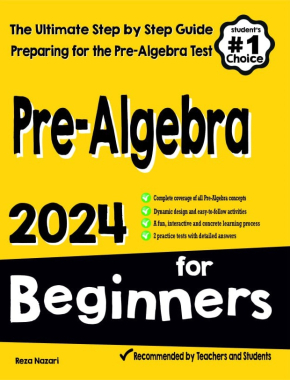


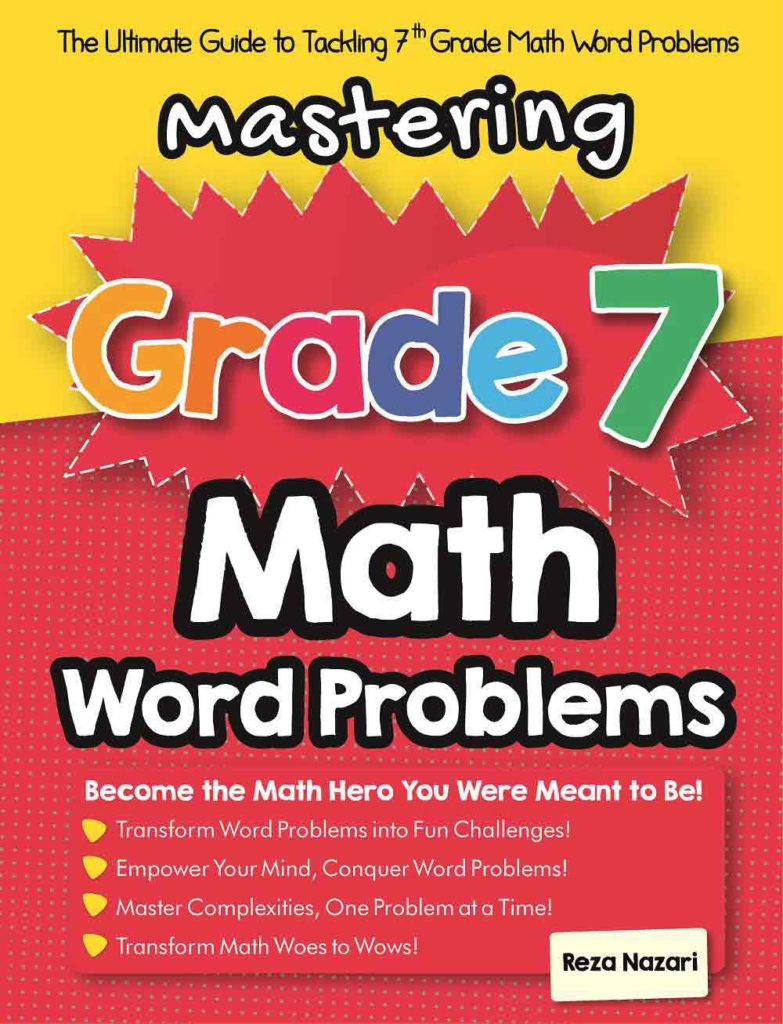
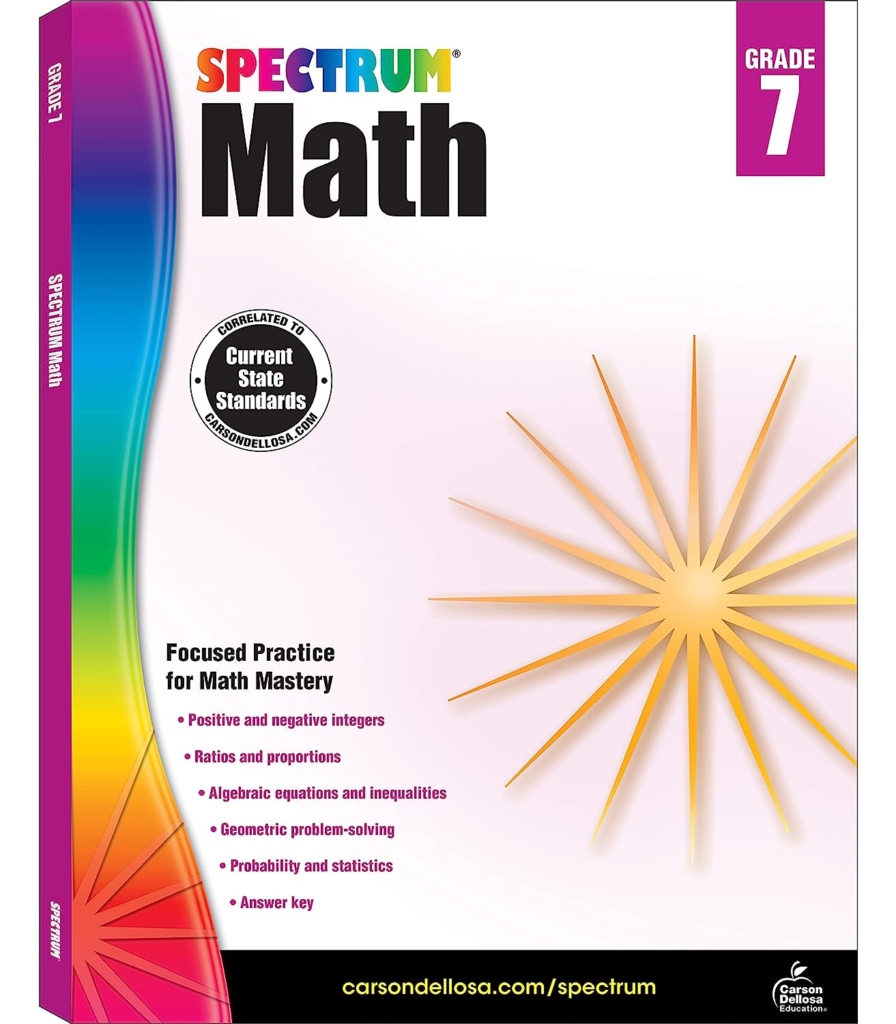
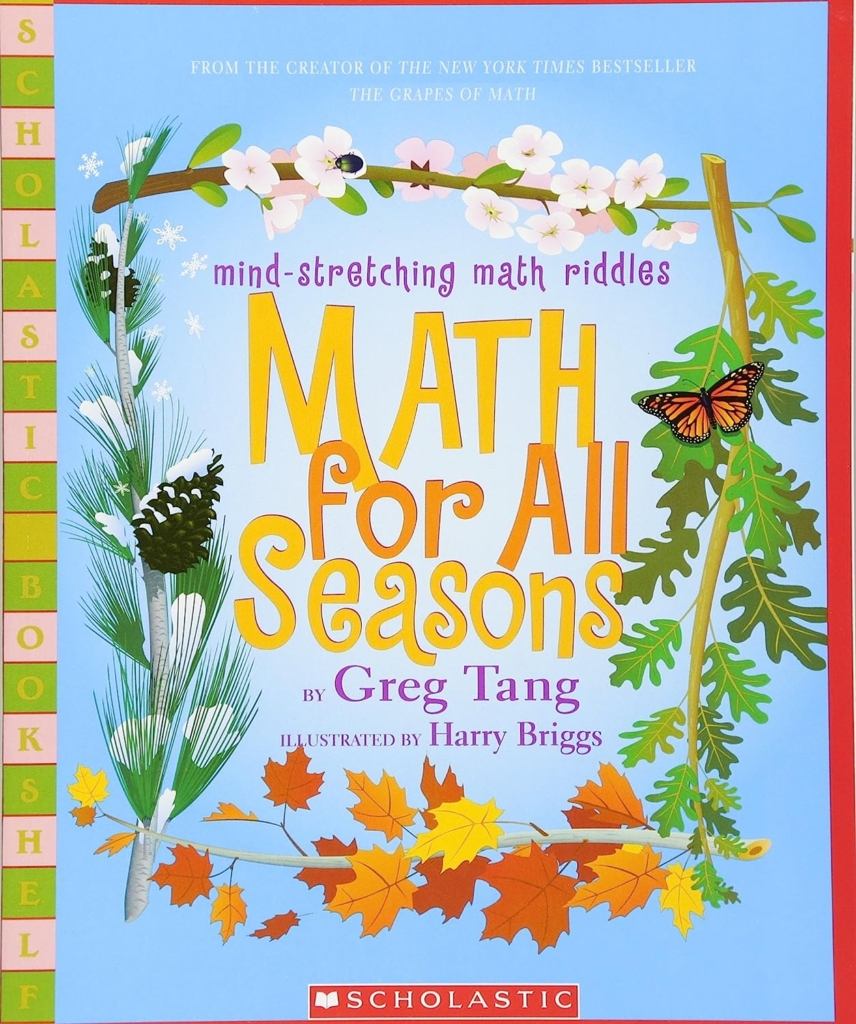
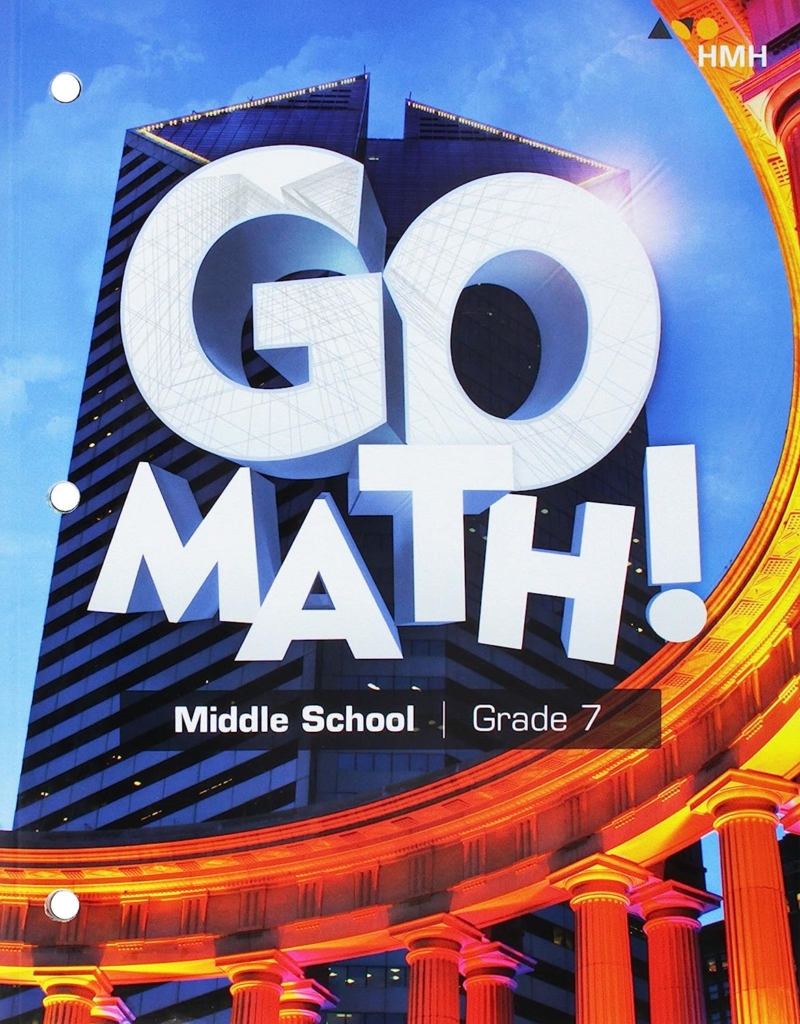
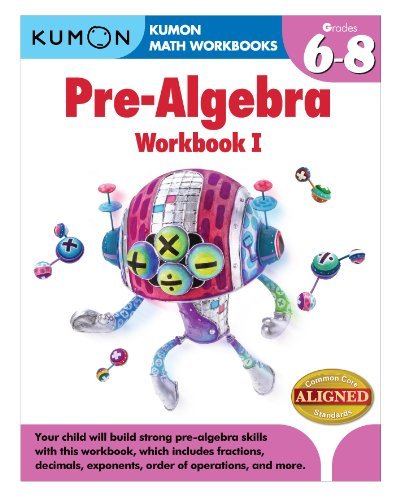
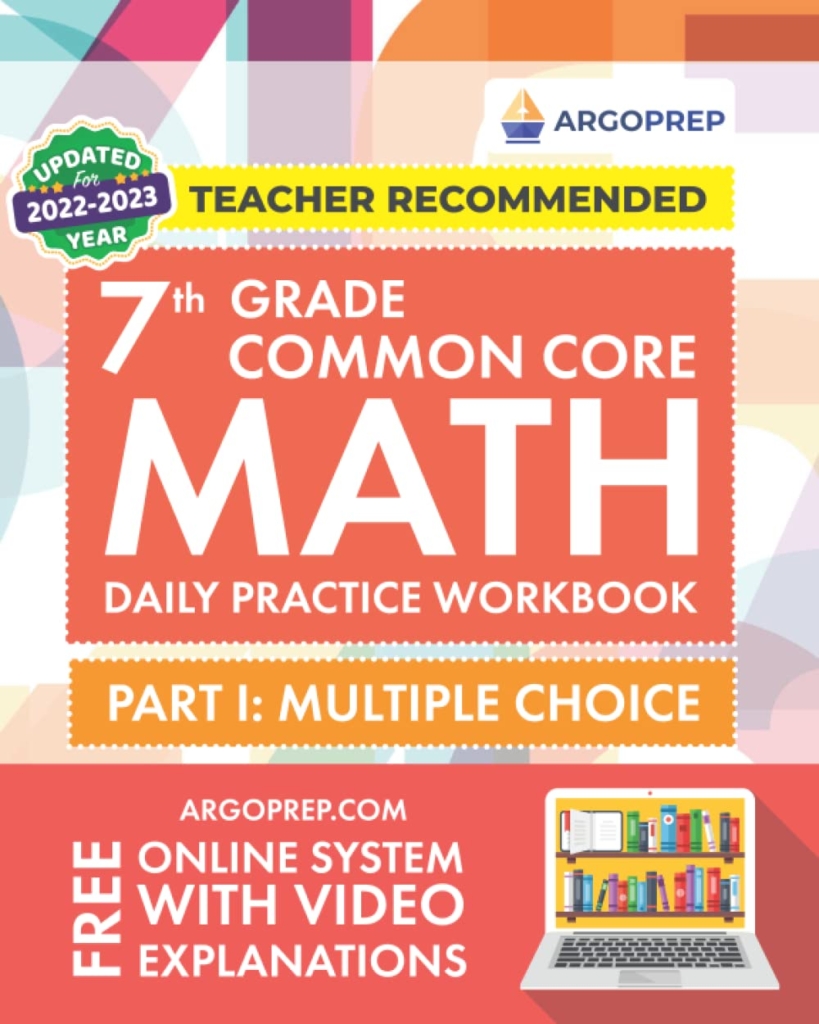
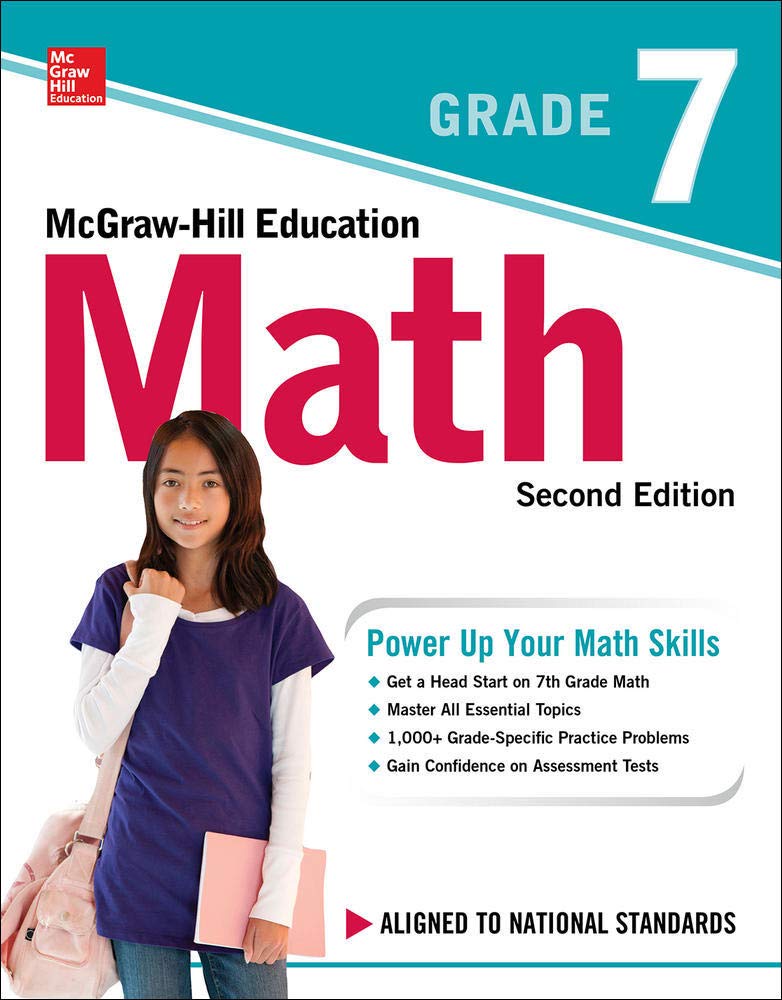
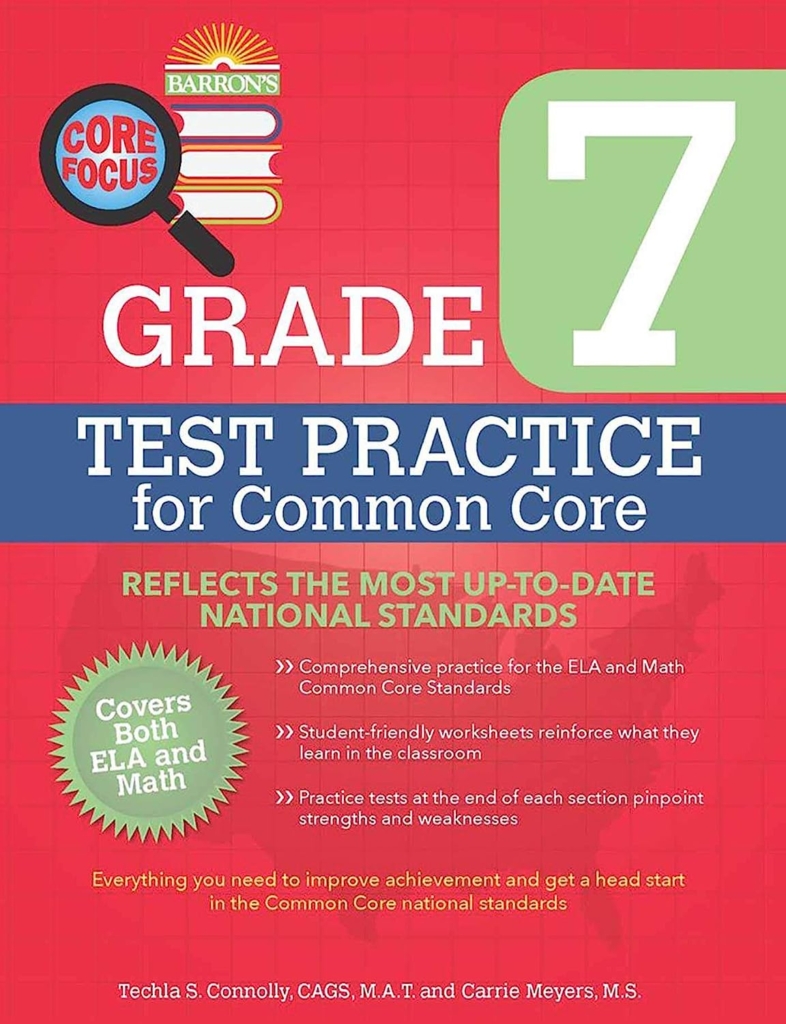
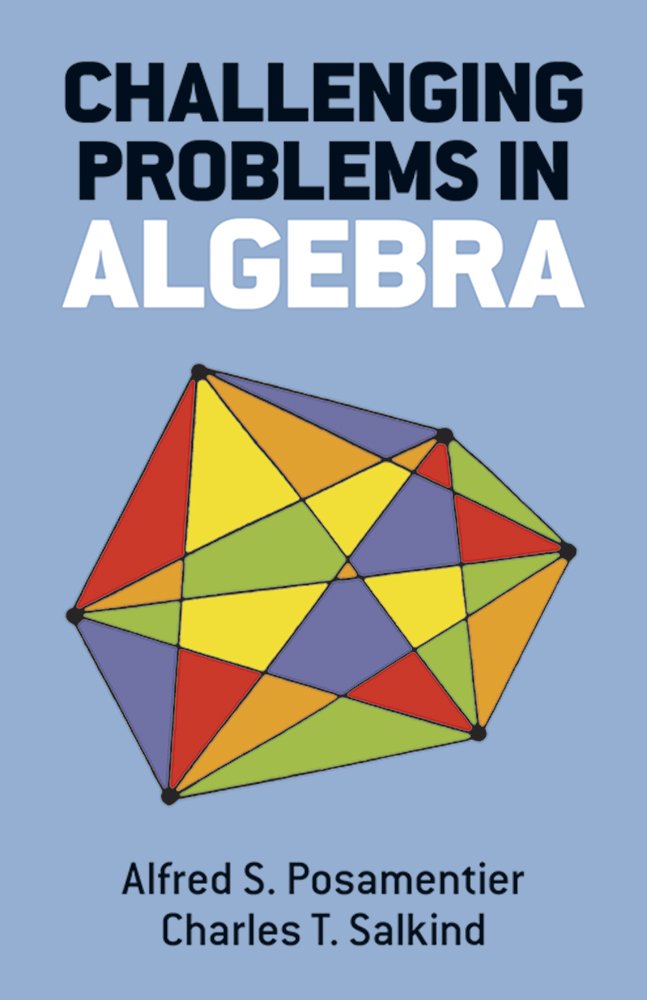
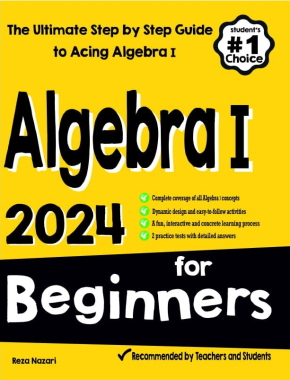
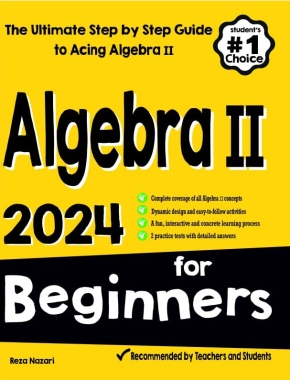
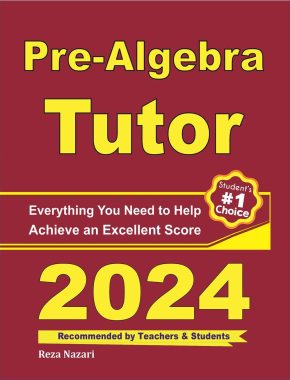
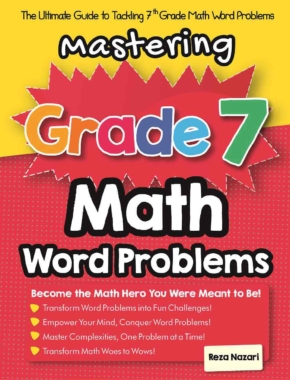
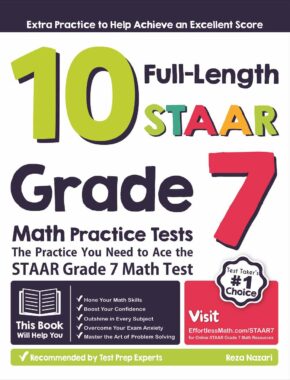
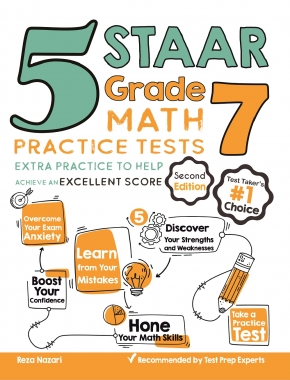
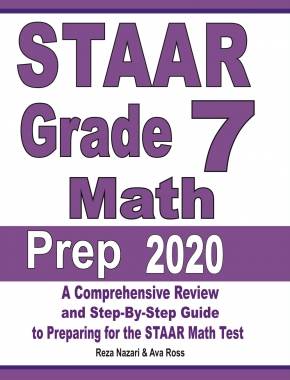
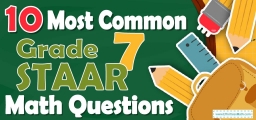
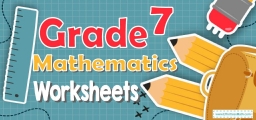
What people say about "Top 10 Math Books for Grade 7 Students: A Complete Review - Effortless Math: We Help Students Learn to LOVE Mathematics"?
No one replied yet.